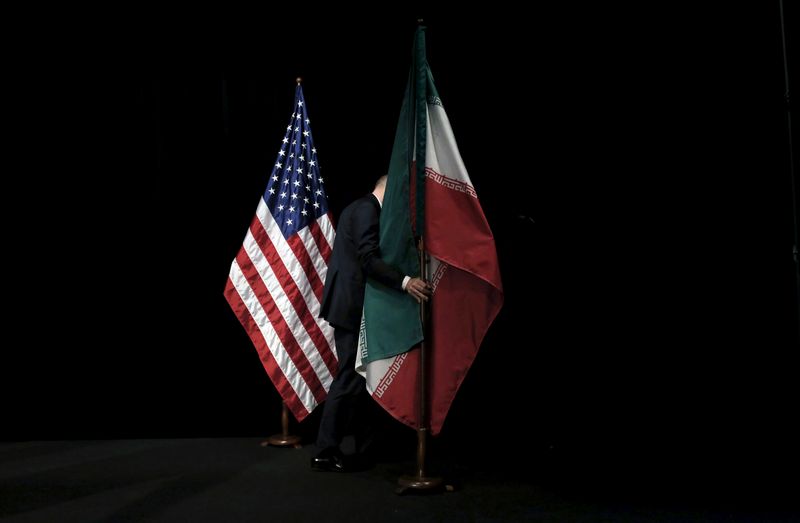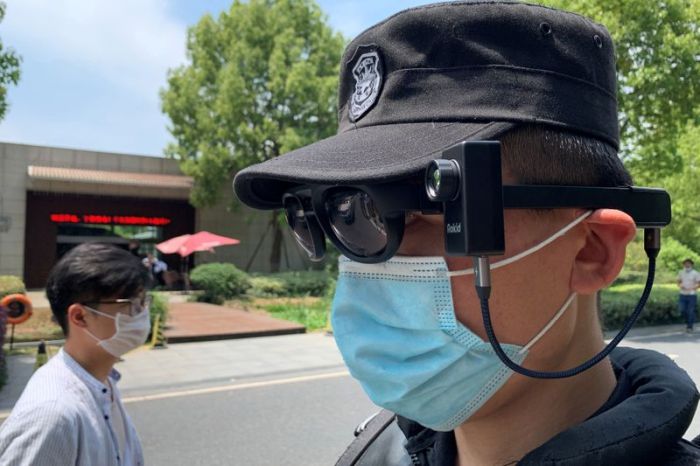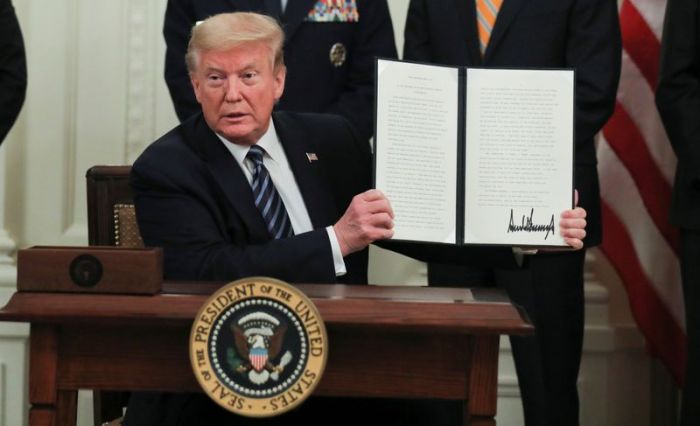WASHINGTON (Reuters) – The United States on Friday imposed sanctions on an Iranian-Iraqi businessman and his mining company, accusing him of involvement in efforts by Iran’s elite Quds Force to generate revenue illegally and smuggle weapons abroad, the U.S. Treasury Department said.
Amir Dianat has supported Quds Force smuggling operations for years, including efforts aimed at shipping weapons such as missiles and smuggling shipments from Iran to Yemen, the department said in a statement.
The sanctions freeze any U.S.-held assets of Dianat or his company Taif Mining Services, which the U.S. Treasury Department alleged was a front company for the Quds Force, and generally bar Americans from dealing with them.
“The Iranian regime and its supporters continue to prioritize the funding of international terrorist organizations over the health and well-being of the Iranian people,” Treasury Secretary Steven Mnuchin said in the statement.
In addition to the blacklisting, the U.S. Attorney’s Office for the District of Columbia filed criminal charges against Dianat and his business associate, Iranian Kamran Lajmiri, alleging they violated sanctions and money laundering laws.
A related complaint was also filed alleging that $12 million is subject to forfeiture as funds involved in the crimes and as assets of a foreign terrorist organization, the U.S. Department of Justice said in a statement.
The forfeiture action marks the largest ever seizure of Quds Force-related funds, it said.
The complaint alleges that Dianat and Lajmiri in 2019 conspired to purchase a petroleum tanker in a scheme involving the National Iranian Oil Company, the National Iranian Tanker Company and the Quds Force, all blacklisted by the United States.
If convicted of the criminal charges, Dianat and Lajmiri would face a maximum of 20 years imprisonment.
“These defendants purchased a crude oil tanker valued at over $10 million by illegally using the U.S. financial system, defiantly violating U.S. sanctions,” Assistant Attorney General for National Security John Demers said in the statement.
Tensions between Washington and Tehran have spiked since U.S. President Donald Trump unilaterally withdrew in 2018 from the Iran nuclear deal struck by his predecessor, Barack Obama, and began reimposing sanctions that had been eased under the accord.
(Reporting by Daphne Psaledakis; Editing by David Gregorio and Tom Brown)

























